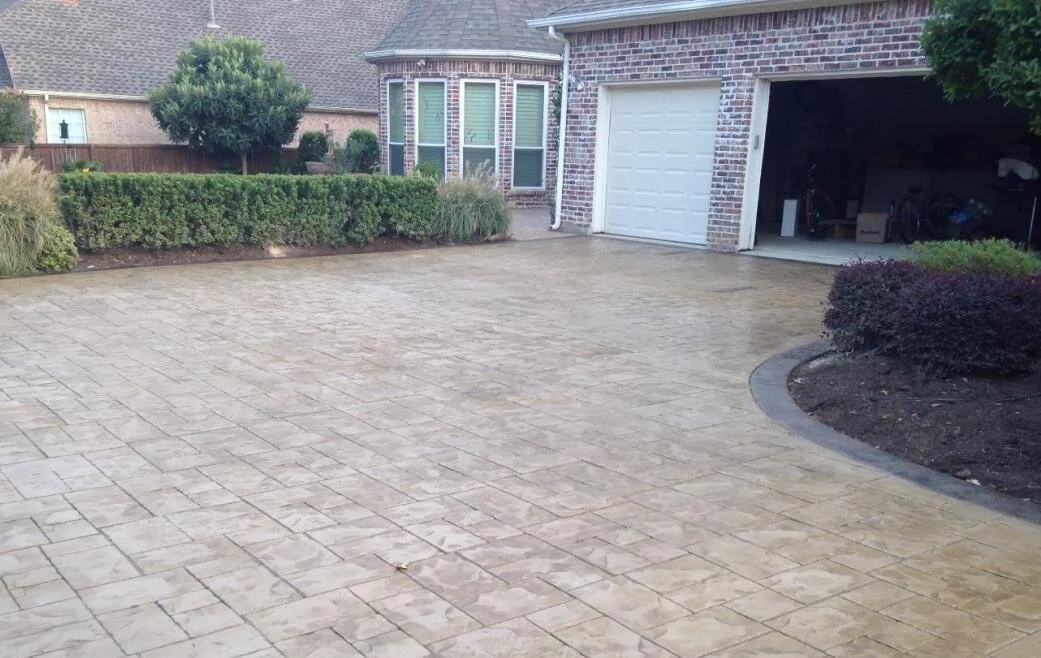Add Curb Appeal with These Driveway Upgrades
Chelsea O'Donnell
A driveway is a convenient place to park your car, but it can also offer considerable curb appeal and increase the sale price of a home that’s going on the market.
When choosing driveway material, there are many to consider and what works for one house might not work so well for another. So let’s go through the pros and cons of the four most popular options to help you make the best decision for your home.
Asphalt
This is the most popular driveway material and for good reason - it’s practical and easy to install. An average asphalt driveway can typically be laid in a day and if properly maintained, it can last for up to 30 years or more. An asphalt driveway is also a safe bet with our cold winters and hot summers as they can stand up to severe temperature changes. Sounds pretty good right? I think so, but there are a few drawbacks to be aware of. For starters, asphalt only comes in one color - black. So if you’re looking for something special to match the aesthetic of your home, you aren’t going to find it here. Another thing to consider is that asphalt does crack and crumble with age, but problem areas can be resealed so you don’t need to replace the whole driveway with every blemish.
Gravel
For people looking for a driveway solution on a budget, gravel might be the way to go. While they aren’t as popular as they once were, gravel is great for very long or intricately shaped paths. On the flip side, using loose stones can get very sloppy and you’ll likely find yourself regularly going out to get new materials to replace what’s been lost from both the weather and everyday use. Gravel is also tough to plow and shovel, so take that into consideration if your driveway gets a lot of snow.
Pavers
No one can deny the beauty of a brick or stone driveway. Homeowners love them for an upscale look that can mimic the style of the property while still offering a strong and reliable material that will last for decades. Of course, with beautiful pavers also comes high product and labor costs as each piece will have to be laid by hand. Take this into consideration when you’re thinking about which material to use as paver installation will likely have your driveway out of commission for a lot longer than some of the other options.
Concrete
If you’d like a driveway with some individuality but don’t want to fork over the cash for pavers, concrete might be your best bet. Concrete is poured quite easily so the installation is relatively fast, although you’ll need to wait a week to drive on it. There are also many options to stamp or dye the material to create a unique look, including mimicking the design of pavers. While concrete is still more expensive than asphalt, it also lasts a really long time - 30 years or more. The downside? Concrete can be susceptible to cracking and can be pricier to fix.
No matter what type of driveway material you decide on, the end result will only be as good as what’s underneath the material. A qualified professional will discuss elevation, drainage, and environmental factors to help you make the best choice for your home.
Bob O’Donnell is the owner of O’Donnell Bros. Inc., a Bristol-based home improvement company established in 1975. Email your questions for Bob to info@odonnellbros.com with the subject line “Ask the Pro.” All questions may be considered for publication. To contact Bob for your remodeling needs, call O’Donnell Bros. Inc. at (860) 589-5155 or visit www.odonnellbros.com. Advice is for guidance only.
